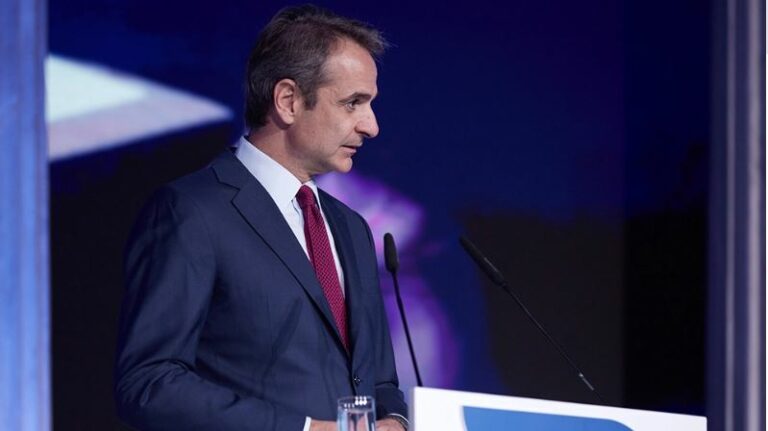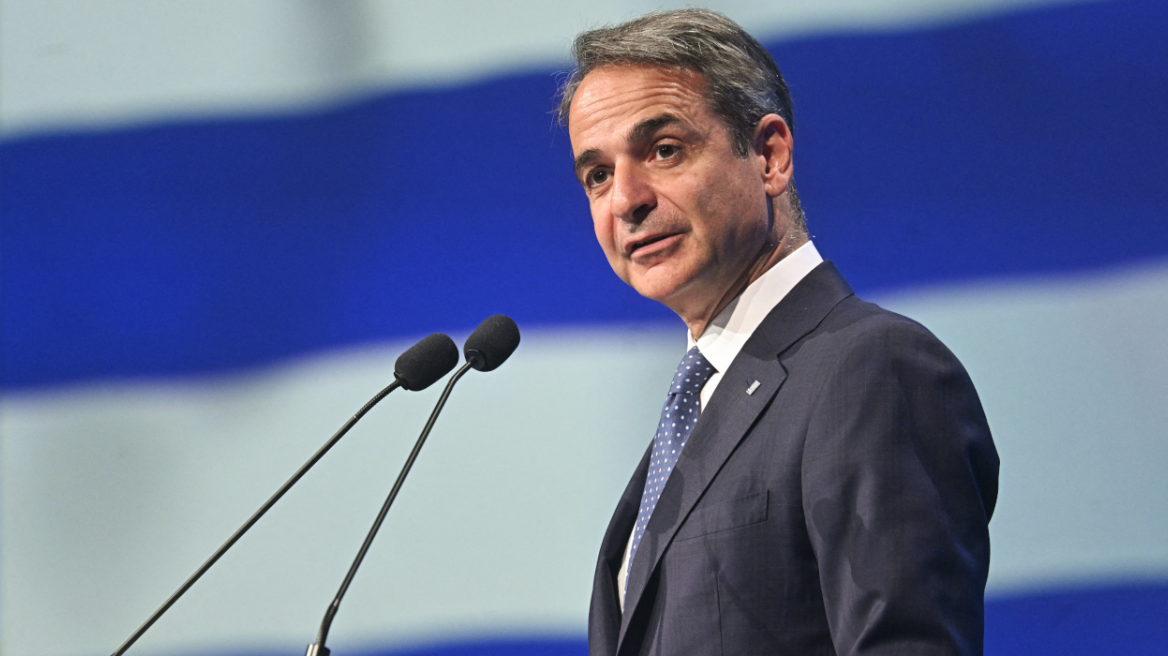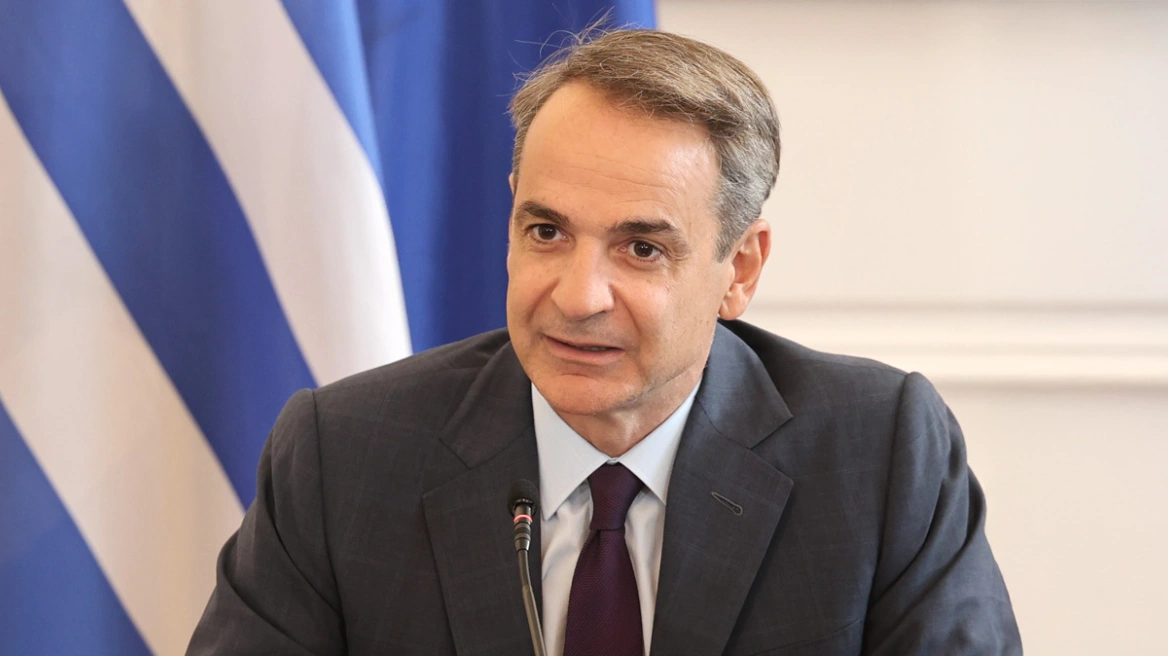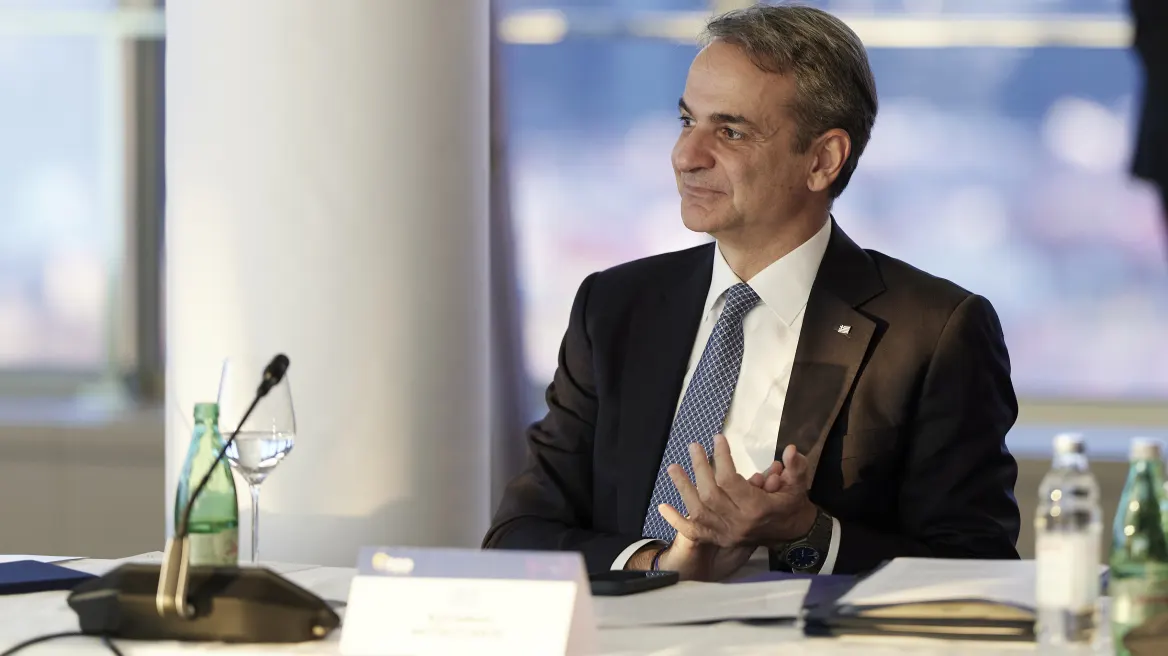Today’s South-East European Cooperation Process (SEECP) Summit in the ancient port city of Thessaloniki, a great center of trade and ideas over many centuries, comes at a critical moment. It presents an opportunity to meet and exchange in-depth ideas with my fellow leaders, and take stock of where we are and what urgently needs to be done.
History teaches us there are periods of rapidly accelerating change that demand an immediate awakening. The world has changed a great deal in recent months, and as a result, we’re at a defining moment — particularly for the Western Balkans and wider Southeast Europe.
It’s time for the European Union to acknowledge the existential importance of integrating this region in the European family, and it must step up confidently in order to do so — starting with the Western Balkans.
After the collapse of the Soviet Union, there was a prevalent belief in the West — since proven to be naive — that the battle over values and ideals had been won. Europe’s history, defined by violent conflict and the two world wars, was thought to have turned the corner toward peace, prosperity, cooperation and the rule of law.
The unprovoked, illegal and horrific war in Ukraine has ruthlessly exposed how misplaced such notions were.
Even though the end of the Cold War was a moment of great hope and optimism, it simultaneously nurtured a dangerous complacency. It’s a complacency for which we are now paying a high price, and we can’t afford to be complacent again.
Today’s meetings come less than two weeks from the EU-Western Balkans meeting in Brussels, and the European Council, where important decisions for the region and the bloc’s future could be made. And the Balkans, as many times before in its history, stands again on the frontline of competing spheres of influence — ominous tremors can be felt underneath the surface.
It is, therefore, time for the EU to be honest with itself and with the region.
In 2003, again in Thessaloniki, the EU offered a political vision of belonging and proposed a process that would lead to the Western Balkans’ membership in the European family.
But in the almost 20 years that have passed, accession processes have increasingly become more elaborate and demanding, and the vision has become blurry, fading in the eyes of frustrated and disillusioned citizens.
The EU keeps talking about a concrete commitment to the Western Balkans and expects complete fulfillment of its set conditions and reforms. However, the region interprets this as EU enlargement fatigue and a constant moving of goalposts. The war in Ukraine has only compounded the feeling that the EU’s focus is shifting.
Reflecting on all this now in 2022, once again from Thessaloniki, where we will be joined by the President of the EU Council and the German Chancellor, it seems to me that we, as EU member countries, must take the bold but necessary step to complete the political vision of 2003. And we should do so in a historically and politically meaningful way, setting out at last a tangible and time-bound perspective to fulfil our promise. We need to build confidence that when the EU sets out a vision, it has the intent and the capacity to follow through.
I look forward to making this case, not just to those attending the summit today but to other leaders from right across the EU — including my great friend, French President Emmanuel Macron. He’s both a deep thinker and a man of action who’s already set out ambitious and innovative ideas for Europe’s future, which could serve as inspiration for our deliberations.
But my message today is clear: In accordance with set criteria, let us offer the integration of all of the Western Balkans into the EU by 2033 — an ambitious but achievable timeline. This is long overdue. And the first step must be a decision in two weeks’ time in Brussels to unblock the path of North Macedonia and Albania.
Zooming out to the broader region, the EU needs to embrace the fact that the new geopolitical landscape has imposed a different reality — one that includes countries such as Ukraine and Moldova in the EU’s perspective. This is reflected in the summit’s Joint Declaration to be adopted today. The EU should see this not as a distraction from its evolution, but as an opportunity for transformation.
Looking back, the EU should be proud of all it has achieved. The European project is a unique experiment that’s proven to be the most successful guarantor of peace, stability, economic growth and social prosperity on the Continent. But the future won’t wait, and we can’t make time stand still — all life is evolution after all.
It’s clear that such profound changes in the world around us require the EU to urgently hold a serious and honest internal discussion on the future of enlargement — on the how and the when. We need to think and decide how we see ourselves growing and evolving.
In the Balkans, as elsewhere, there are hostile actors seeking to undermine our efforts. They have a competing world view and aspirations that trample over human rights, the rule of law and fundamental freedoms. They use the language of resentment, revisionism and imperial nostalgia. They think they can crush the human spirit with bullying and military muscle. We can’t allow a vacuum to develop for such actors to operate in — one in which they think they can succeed.
These will be the thoughts I’ll take with me from Thessaloniki to Brussels. I want to believe that the EU is ready to live up to the challenge of shaping our Continent’s future in a way that will ensure the stability and prosperity for generations to come. It’s time to keep our Thessaloniki promise.
author Greek Prime Minister Kyriakos Mitsotakis
source politico.eu
Ask me anything
Explore related questions





